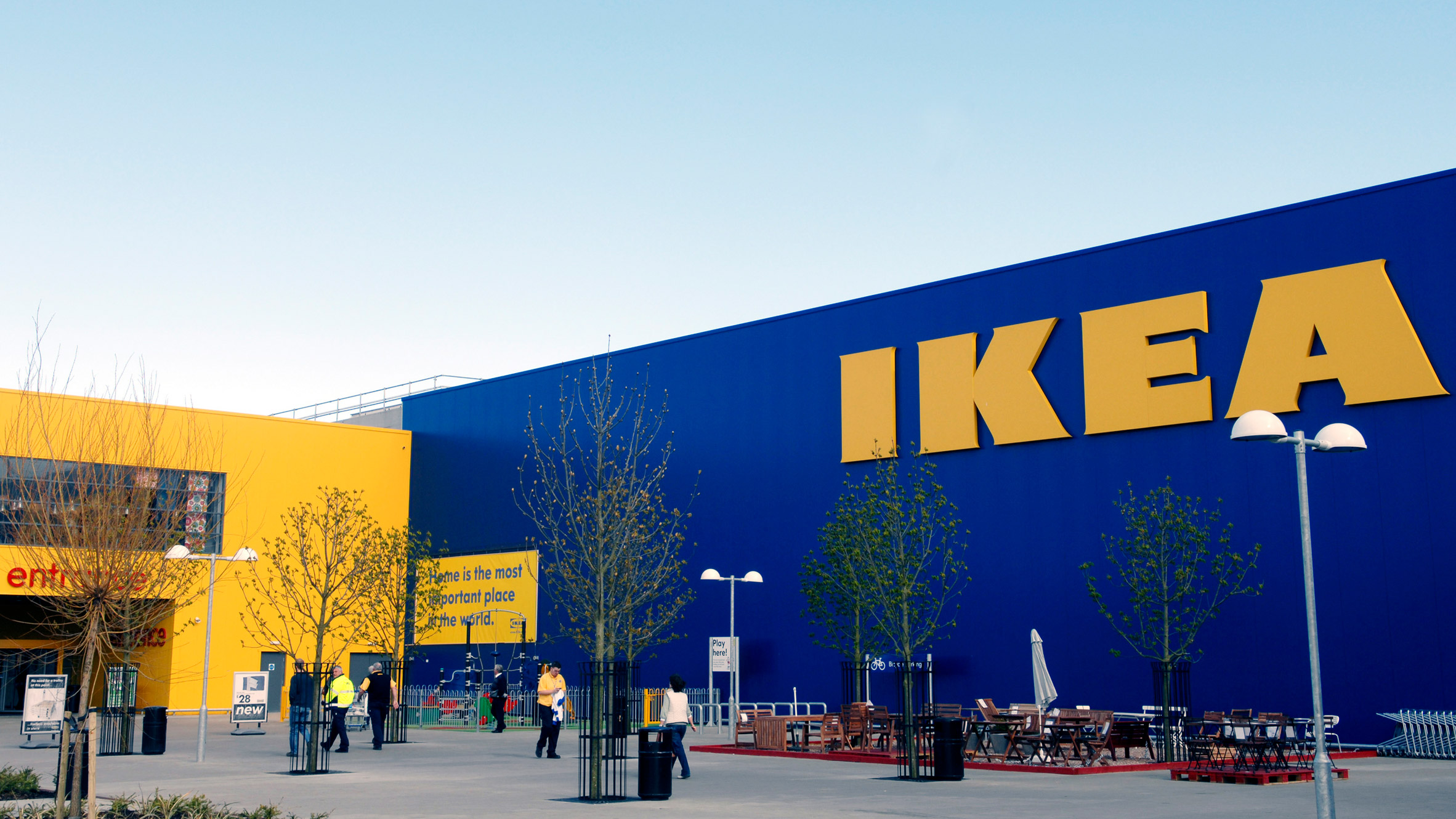IKEA to move more manufacturing to UK
May 26, 2017

IKEA is set to increase its production of furniture in the UK as a way to keep costs down following the country's decision to leave the European Union.
The country manager for IKEA UK, Gillian Drakeford, told the Guardian that the company is looking for more UK-based suppliers in response to the fall in the value of the pound.
The Swedish furniture giant currently produces some sofas and mattresses in the UK but is looking to expand into other items.
Since the EU referendum, the value of the UK pound against the euro has fallen by between 10 and 12 per cent, making it more expensive to import items manufactured in the EU. It is also unclear what the cost of import tariffs will be once a deal is negotiated.
"Currency is our biggest challenge," Drakeford said. "We have a number of sofa suppliers in the UK we work with today and we are looking at what more products could we source in the UK."
IKEA currently makes 60 percent of its products in Europe. The company would not confirm how much of this is currently in the UK, nor would it confirm or deny that it was planning to increase manufacturing in the country.
Drakeford told the Guardian that the company is looking to "double its market share" in the country, and that manufacturing and sourcing more locally could negate future import tariffs.
Earlier this month, IKEA announced plans to create 1,300 more jobs in the UK by the end of next year with store openings in Sheffield, Exeter and Greenwich.
The company is also becoming increasingly active in the humanitarian sector, establishing the IKEA Foundation to help children in poor communities and creating a refugee shelter that won the Designs of the Year award this year.
The company revealed plans to employ refugees at production centres in Jordan this summer as part of a long-term plan to create employment for 200,000 disadvantaged people around the world through social entrepreneurship programmes.
The number-one ranking brand in Dezeen Hot List, IKEA has also recently dabbled in a number of new product areas after finding the market may have reached "peak home furnishings".
Last year saw them launch bikes and hydroponic indoor gardens, and more recently they introduced smart functionality into a lighting range, taking its first major step into the Internet of Things.
Source: Dezeen